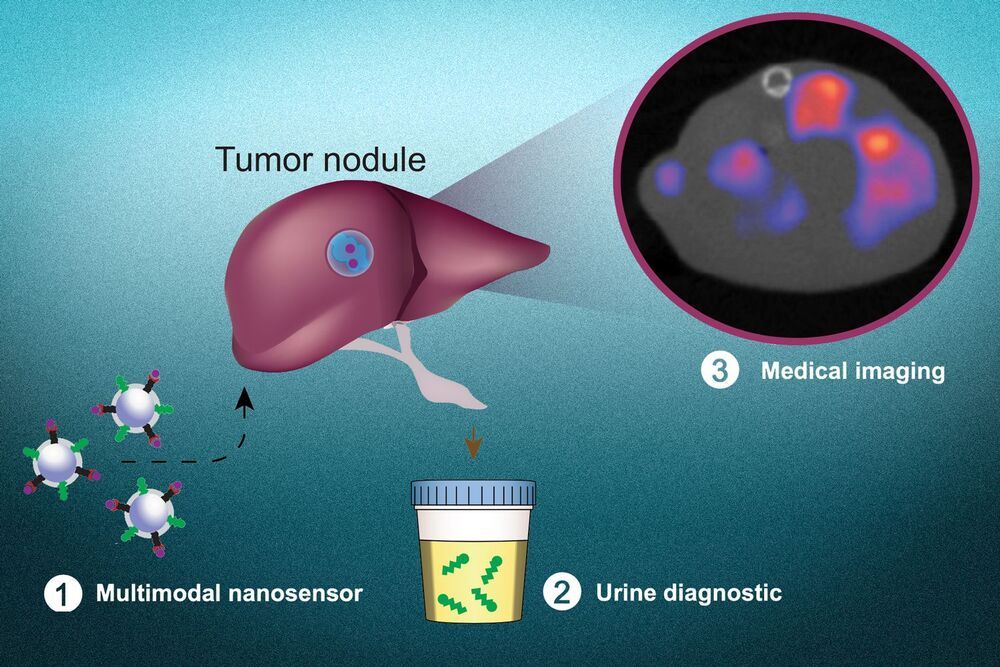Aug 4, 2021
Researchers discover new strategy for developing human-integrated electronics
Posted by Dan Lovy in categories: biotech/medical, chemistry, engineering, health
Polymer semiconductors—materials that have been made soft and stretchy but still able to conduct electricity—hold promise for future electronics that can be integrated within the body, including disease detectors and health monitors.
Yet until now, scientists and engineers have been unable to give these polymers certain advanced features, like the ability to sense biochemicals, without disrupting their functionality altogether.
Researchers at the Pritzker School of Molecular Engineering (PME) have developed a new strategy to overcome that limitation. Called “click-to-polymer” or CLIP, this approach uses a chemical reaction to attach new functional units onto polymer semiconductors.

















